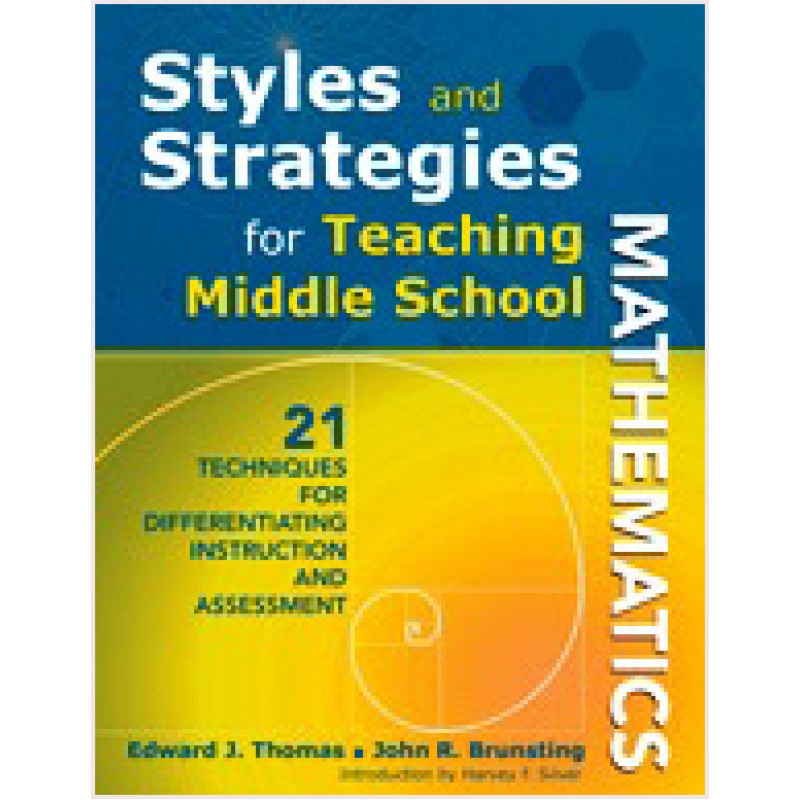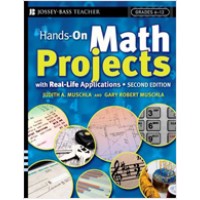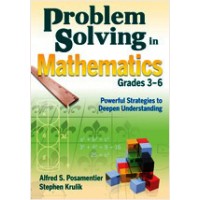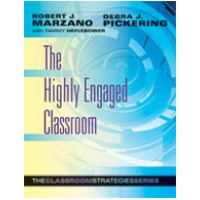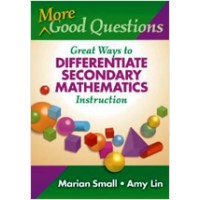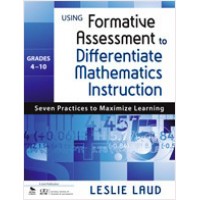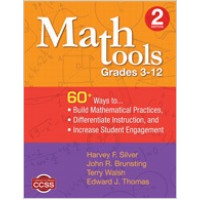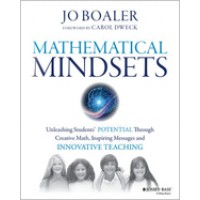Styles and Strategies for Teaching Middle School Mathematics: 21 Techniques for Differentiating Instruction and Assessment, Mar/2010
| Author(s) | Edward J. Thomas, John R. Brunsting |
| ISBN10 | 141296833X |
| ISBN13 | 9781412968331 |
| Format | Paperback |
| Pages | 208 |
| Year Publish | 2010 March |
Synopsis
"Within hours of receiving their copies of this book, our high school math coaches were using math strategies in their classrooms and sharing their students' successes with their colleagues. One coach raved, 'Finally! Things that I can use for teaching math! Not just something generic, and the examples are just the topics that my students need the most help learning.'"
—Jody L Hoch, K-12 Director of Mathematics
Rush-Henrietta Central School District, NY
Make mathematics instruction more effective by engaging learners of all styles!
One key to raising achievement in mathematics is to recognize that all students have preferred styles of thinking and learning. By rotating teaching strategies, you can reach learners through their preferred styles, as well as challenge students to think in other styles. Styles and Strategies for Teaching Middle School Mathematics provides a set of powerful, research-based strategies to help middle school teachers differentiate mathematics instruction and assessment according to their students' learning styles.
Presenting four distinct mathematical learning styles—Mastery, Understanding, Self-Expressive, and Interpersonal—this book offers classroom-tested instructional strategies that can be mixed and matched to reach all learners. Compatible with any curriculum or textbook, the book:
- Explains how the strategies address NCTM process standards and students' learning styles
- Includes step-by-step directions, examples, and planning considerations for each strategy
- Provides reproducible forms for implementing the strategies
- Offers variations and ways to adapt each strategy to meet a variety of instructional demands
With assessment components woven throughout, this invaluable guide helps middle school mathematics teachers effectively reach and teach today's learners.
About The Authors:
Edward J. Thomas is founder and president of Dimension 2000, a professional development organization that works with teachers of mathematics. He has over thirty years of experience as a mathematics teacher at the middle school, high school, district, and undergraduate levels. Edward has authored several articles and books on mathematics instruction and has developed a number of educational games for the mathematics classroom. He was the co-chair of the Northwest Georgia P-16 Council, an initiative designed to improve teacher quality and student achievement from pre-school through the undergraduate level. Edward is an experienced mathematics consultant who has conducted workshops for schools throughout the country. He has also presented at state, regional, and national conferences for the National Council of Teachers of Mathematics (NCTM), Georgia Council of Teachers of Mathematics (GCTM), Southern Regional Education Board (SREB), Georgia Association of Educational Leaders (GAEL), Georgia Middle School Association (GMSA), and the Association for Supervision and Curriculum Development (ASCD).
John Brunsting is a mathematics teacher, a staff development specialist, and an author. John serves schools as a teacher and coach as well as a mathematics consultant on practical, style-based tools and strategies. He is a coordinator for Illinois Advanced Placement Institutes and cofounder of Mathematics & Technology Institutes, teacher training organizations committed to the instructional excellence of teachers. Previously an AP Calculus Exam Committee member, John coauthored Preparing for the AP Calculus Examination (2006). In 2008, John coauthored the bestselling Math Tools, Grades 3-12: 64 Ways to Differentiate Instruction and Increase Student Engagement. He has presented at national and international conferences for the National Council of Teachers of Mathematics (NCTM), National Council of Supervisors of Mathematics (NCSM), the Association for Supervision and Curriculum Development (ASCD), the Japan Association for Supervision and Curriculum Development (JASCD), Teachers Teaching with Technology (T3), and the International Conference on Computers in Education (ICCE).

